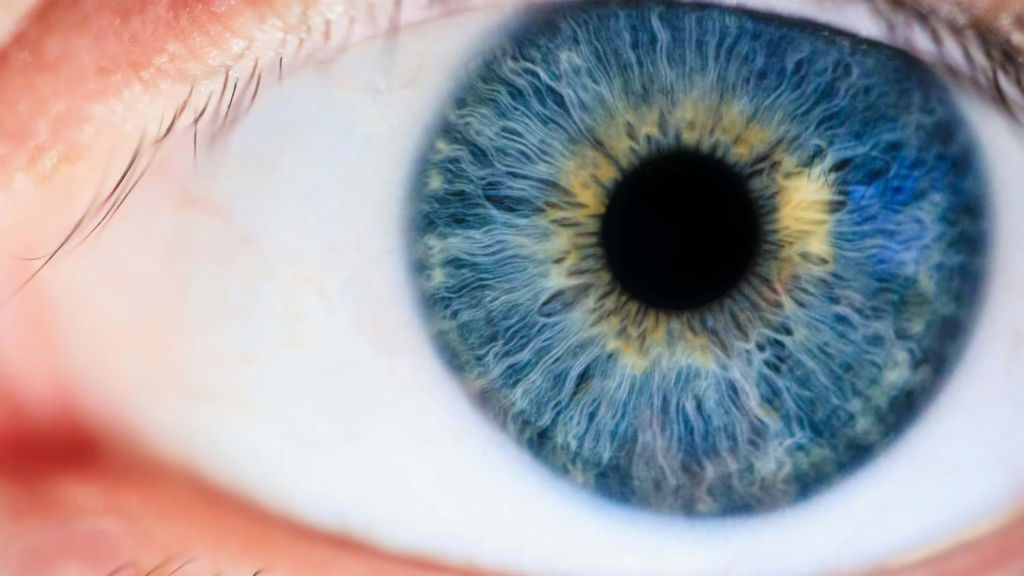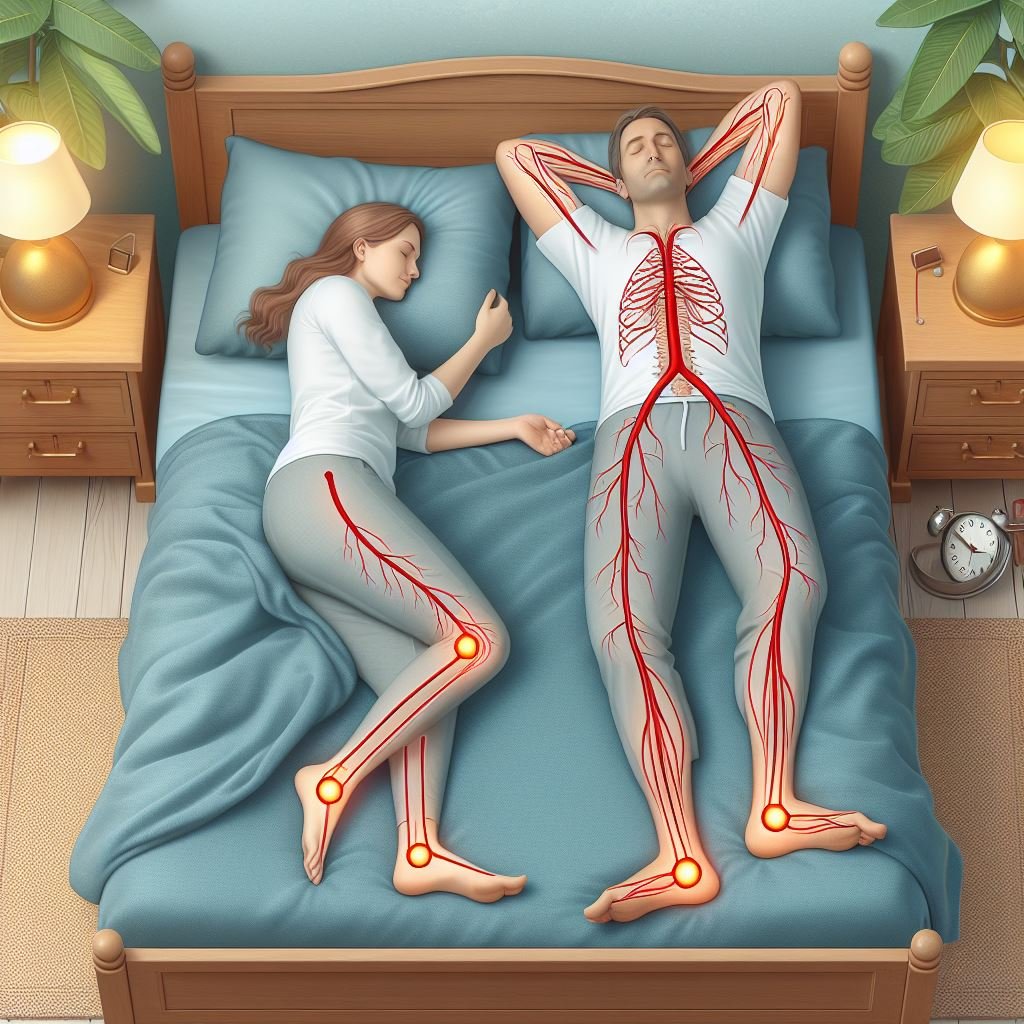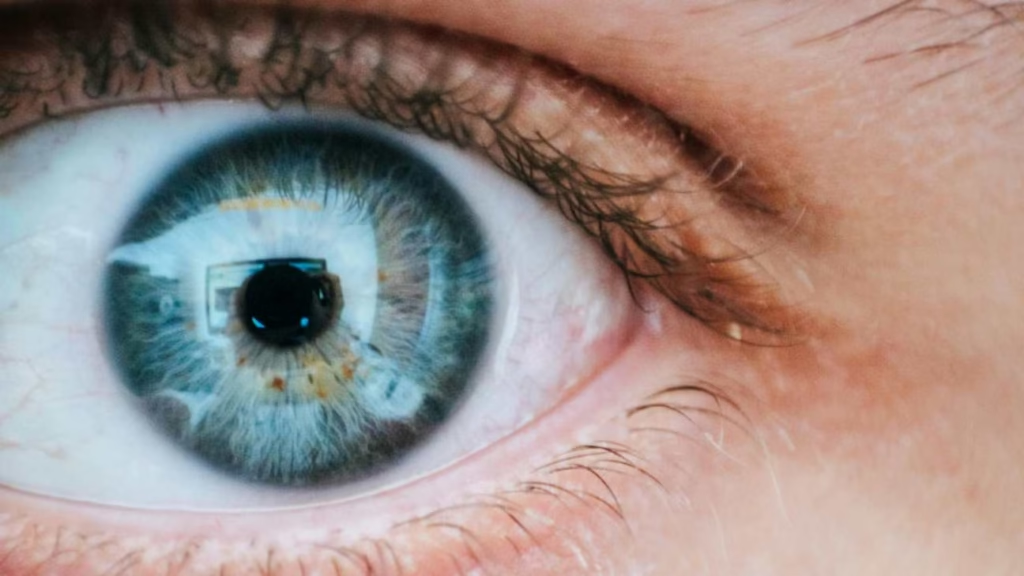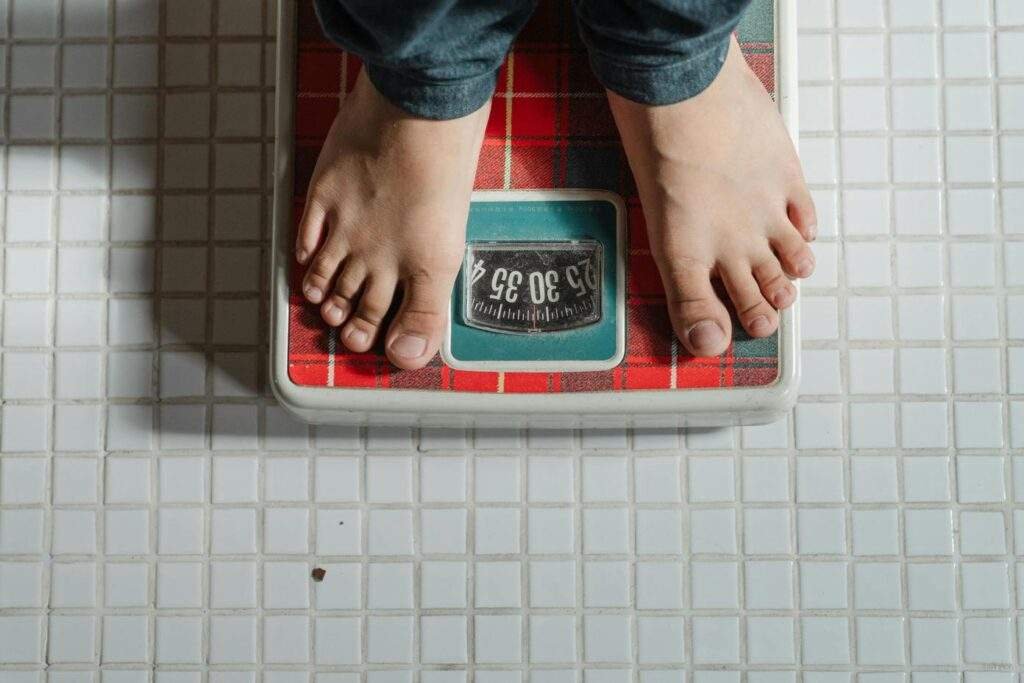Sleep Apnea Pillows: Your First Step Towards Better Sleep
Table of Contents
Introduction
Sleep apnea is a common yet serious sleep disorder where an individual’s breathing repeatedly stops and starts during sleep. This condition not only disrupts sleep quality but can also lead to severe health issues if left untreated. Among the various treatment methods available, choosing the right pillow can play a pivotal role in managing sleep apnea symptoms effectively.
A sleep apnea pillow is designed to help maintain proper alignment of the head and neck, open up the airways, and facilitate easier breathing throughout the night. This can significantly reduce the occurrences of breathing interruptions, decrease snoring, and enhance overall sleep quality. Whether you’re a diagnosed patient seeking relief or a concerned partner looking for solutions to ensure a peaceful night’s sleep, finding the right sleep apnea pillow is essential.
In this blog post, we will explore the importance of sleep apnea pillows, the different types available, and how to select one that meets your specific needs. Our comprehensive guide aims to equip you with the knowledge to make an informed decision that can transform your sleep experience and improve your health. So, let’s delve into the world of sleep apnea pillows and discover how the right choice can lead to a better night’s sleep.
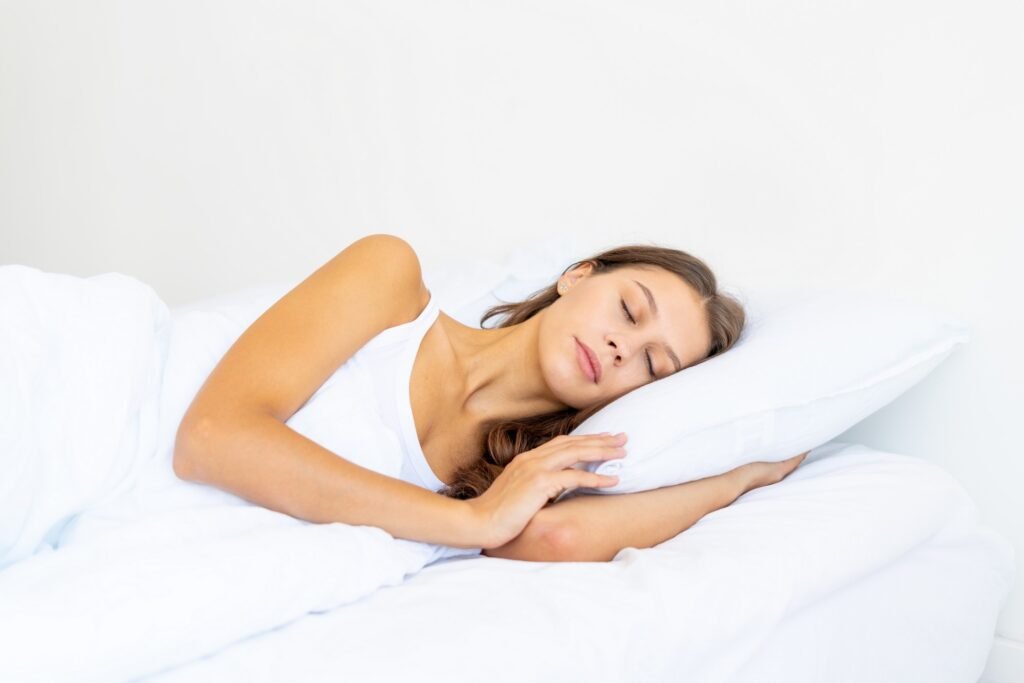
What is Sleep Apnea?
Sleep apnea is a prevalent sleep disorder characterized by repeated interruptions in breathing during sleep. These interruptions, known as apneas, can occur hundreds of times each night and typically last for a few seconds to minutes. Sleep apnea often goes undiagnosed, as the most severe symptoms occur during sleep and can be hard to identify without a clinical sleep study.
Types of Sleep Apnea
- Obstructive Sleep Apnea (OSA): This is the most common form, occurring when the muscles in the throat relax excessively during sleep, causing the airway to collapse and block airflow. It is commonly associated with snoring and choking noises as the sleeper struggles to breathe.
- Central Sleep Apnea (CSA): Unlike OSA, central sleep apnea is not caused by a physical blockage of the airway but by a failure of the brain to properly control breathing during sleep. This type involves the respiratory control center and is less common.
- Complex Sleep Apnea Syndrome: Also known as treatment-emergent central sleep apnea, it occurs when someone has both obstructive and central sleep apnea.
Common Symptoms
- Frequent pauses in breathing (apnea) during sleep
- Excessive daytime sleepiness and fatigue
- Loud snoring, often punctuated by periods of silence followed by gasps
- Morning headaches, dry mouth or sore throat upon waking
- Insomnia or restless sleep
- Attention problems, irritability, or mood swings
Health Risks Associated with Sleep Apnea
If untreated, sleep apnea can result in a range of health issues, from mild to severe, including:
- High blood pressure
- Cardiovascular disease
- Memory problems and cognitive dysfunction
- Weight gain and metabolic syndrome
- Decreased quality of life
Recognizing and treating sleep apnea is crucial for maintaining overall health and well-being. While CPAP machines are commonly prescribed for sleep apnea, positional therapy such as using a specialized sleep apnea pillow can also significantly help manage and mitigate symptoms, especially in cases of mild to moderate obstructive sleep apnea. The subsequent sections will delve deeper into how sleep apnea pillows work and how to choose the right one.
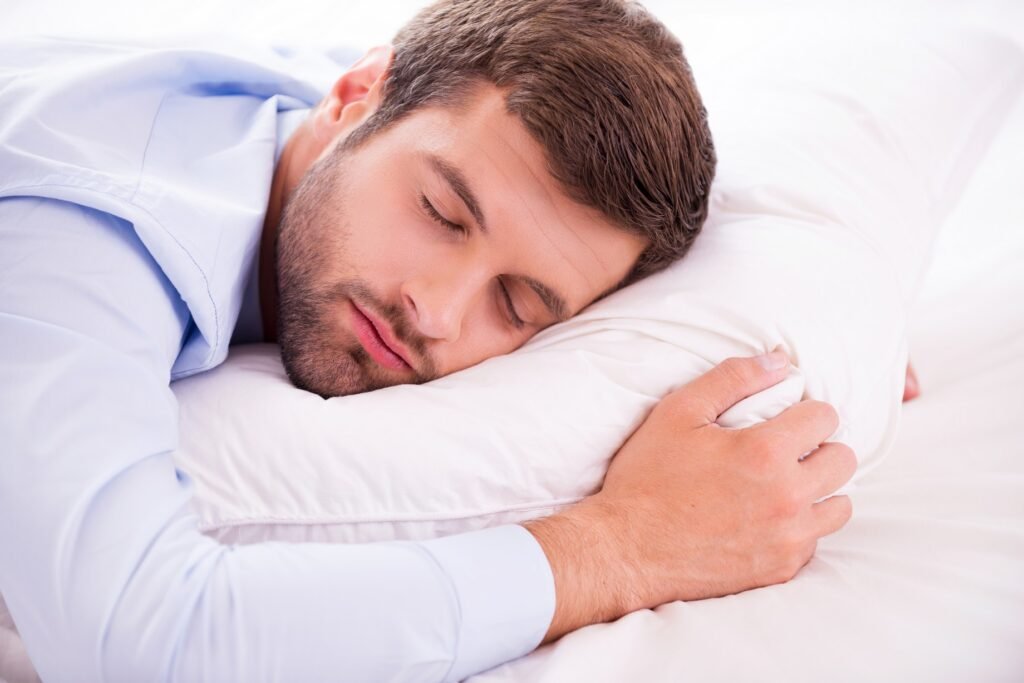
Understanding How a Pillow Can Help with Sleep Apnea
The right pillow can play a crucial role in managing sleep apnea symptoms and improving sleep quality for individuals affected by this disorder. Here’s how:
1. Maintaining Proper Alignment:
Sleep apnea pillows are designed to provide adequate support to the head and neck, promoting proper alignment of the airway. By keeping the head and neck in a neutral position, these pillows help prevent the collapse of the airway during sleep, reducing the likelihood of breathing interruptions.
2. Opening Up the Airway:
Certain types of sleep apnea pillows, such as wedge pillows and contour pillows, are engineered to elevate the upper body or position the head at a slight angle. This elevation can help keep the airway open by preventing the tongue and soft tissues of the throat from collapsing backward, which is a common occurrence in obstructive sleep apnea.
3. Facilitating Easier Breathing:
Sleep apnea pillows with specialized designs, such as those with cutouts or contours, are crafted to accommodate the unique needs of individuals with sleep apnea. These pillows promote better airflow and breathing by reducing pressure on sensitive areas, such as the throat and neck, and minimizing obstruction of the airway.
4. Reducing Snoring and Airway Blockage:
Snoring is a common symptom of sleep apnea and can contribute to further airway blockage and disruptions in breathing. By improving airflow and reducing pressure on the airway, sleep apnea pillows can help alleviate snoring and prevent excessive vibrations of the soft tissues in the throat.
5. Enhancing Overall Sleep Quality:
By addressing the underlying issues that contribute to sleep apnea, such as airway obstruction and poor sleep posture, sleep apnea pillows can significantly enhance overall sleep quality. Better sleep quality leads to improved daytime functioning, increased energy levels, and a reduced risk of associated health problems.
Incorporating a sleep apnea pillow into your sleep routine, alongside other recommended treatment modalities, can make a substantial difference in managing sleep apnea symptoms and promoting better sleep health. However, it’s essential to choose a pillow that suits your specific needs and preferences. The following sections will explore the different types of sleep apnea pillows available and how to select the best one for you.
Recommended Top Selling Sleep Apnea Pillow From Amazon

Cervical Pillow for Neck Pain Relief


Memory Foam Pillows Neck Pillow
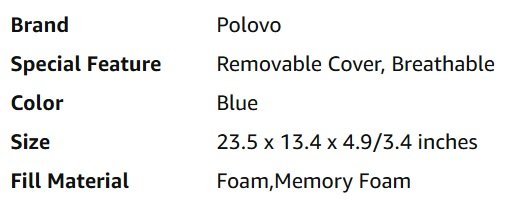

DONAMA Cervical Pillow for Neck and Shoulder


Ultra Pain Relief Cooling Pillow for Neck Support


Kӧlbs Bed Wedge Pillow with Memory Foam Top
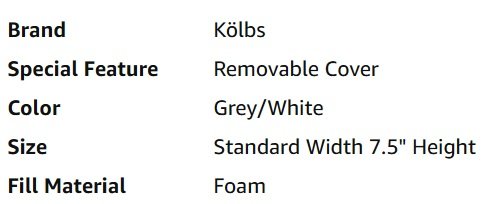
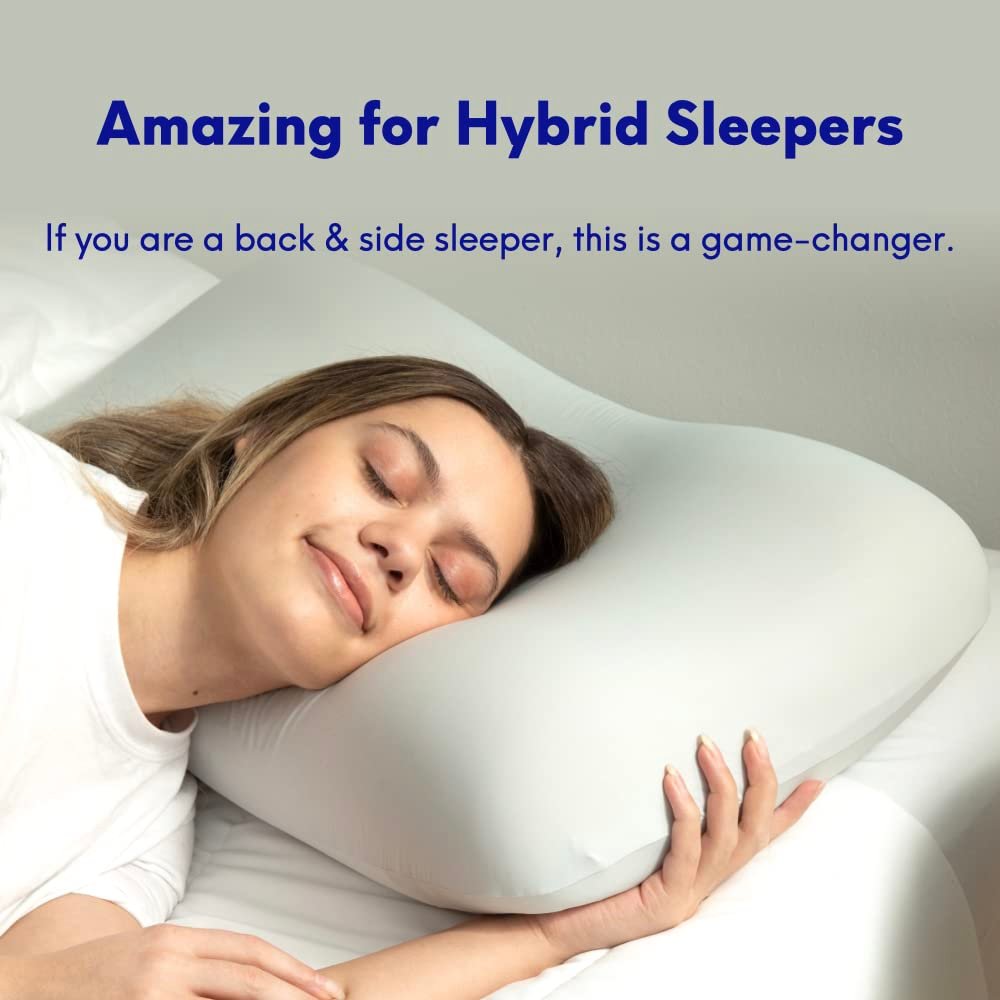
Cushion Lab Deep Sleep Pillow
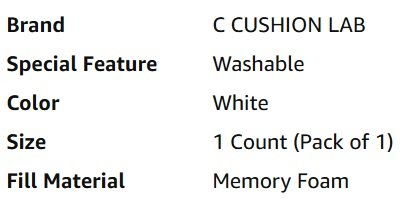
Types of Sleep Apnea Pillows
When it comes to managing sleep apnea, choosing the right pillow is essential for promoting optimal sleep posture and minimizing airway obstruction. Here are the main types of sleep apnea pillows available:
1. Wedge Pillows:
- These pillows are triangular in shape and are designed to elevate the upper body when placed under the mattress or positioned behind the back while sleeping.
- By raising the head and torso, wedge pillows help prevent the collapse of the airway, reducing snoring and instances of obstructive sleep apnea.
- They are particularly beneficial for individuals who experience more severe symptoms when lying flat on their back.
2. Contour Pillows:
- Contour pillows have a unique shape that conforms to the natural curvature of the head, neck, and shoulders.
- They provide customized support and alignment, helping to keep the airway open and reduce pressure on sensitive areas.
- Contour pillows are ideal for promoting proper spinal alignment and relieving neck pain, both of which can contribute to improved sleep quality for sleep apnea sufferers.
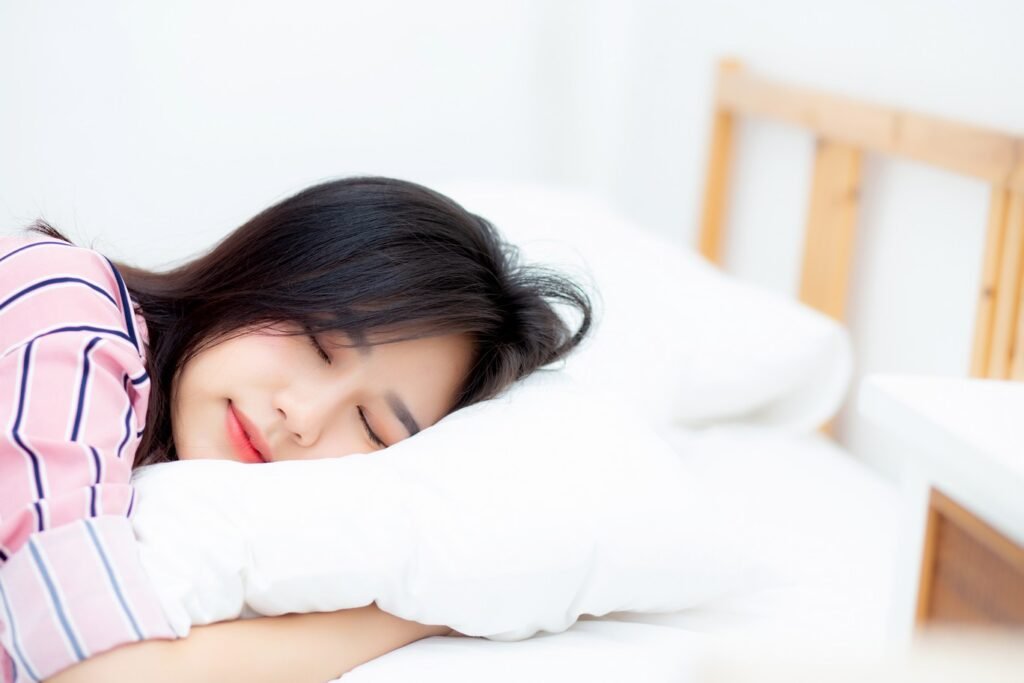
3. CPAP Pillows:
- CPAP (Continuous Positive Airway Pressure) pillows are specifically designed to accommodate CPAP mask users.
- These pillows feature cutouts or contours that allow for comfortable positioning of the CPAP mask, minimizing leaks and pressure points.
- CPAP pillows help ensure proper alignment of the mask and tubing, preventing displacement during sleep and enhancing CPAP therapy effectiveness.
4. Adjustable Pillows:
- Adjustable pillows allow users to customize the height and firmness according to their preferences and sleep needs.
- They often feature removable inserts or adjustable layers that can be added or removed to achieve the desired level of support.
- Adjustable pillows are versatile and suitable for individuals with varying sleep preferences and conditions, including sleep apnea.
5. Memory Foam Pillows:
- Memory foam pillows are made from viscoelastic foam that molds to the shape of the head and neck, providing personalized support and pressure relief.
- These pillows help maintain proper alignment of the airway and reduce the risk of obstruction during sleep.
- Memory foam pillows are known for their durability and ability to alleviate discomfort associated with sleep apnea, such as neck pain and stiffness.
Choosing the right type of sleep apnea pillow depends on individual preferences, sleep habits, and the severity of symptoms. Experimenting with different pillow options can help you find the one that offers optimal comfort and support for a restful night’s sleep. In the next section, we’ll discuss the essential features to consider when selecting a sleep apnea pillow.
Read More: Sleep Apnea Without Snoring? Don’t Suffer in Silence
Features to Look for in a Sleep Apnea Pillow
Selecting the right sleep apnea pillow is crucial for effectively managing symptoms and improving sleep quality. Here are key features to consider when choosing a pillow:
1. Material and Filling Type:
- Opt for hypoallergenic materials like memory foam or latex to minimize the risk of allergic reactions and irritation.
- Look for pillows with breathable and moisture-wicking properties to ensure comfort throughout the night.
2. Shape and Design:
- Choose a pillow with a shape and design that promotes proper alignment of the head, neck, and spine.
- Contoured or ergonomic pillows are ideal for maintaining an open airway and reducing pressure points.
3. Height and Firmness:
- Select a pillow with the appropriate height and firmness level to support your preferred sleeping position and provide adequate neck support.
- Side sleepers may benefit from a higher loft pillow, while back sleepers may prefer a medium loft for optimal alignment.
4. Size and Dimensions:
- Consider the size and dimensions of the pillow to ensure it fits your bed and sleeping preferences comfortably.
- Standard, queen, and king sizes are available, with variations in width and length to accommodate different body types.
5. Breathability and Airflow:
- Look for pillows with breathable covers and ventilation channels to promote airflow and prevent overheating during sleep.
- Proper airflow helps maintain a comfortable sleep temperature and reduces the risk of sweating and discomfort.
6. Support for CPAP Users:
- If you use a CPAP machine, choose a pillow specifically designed to accommodate CPAP masks and tubing.
- CPAP pillows feature cutouts or contours to prevent mask displacement and ensure a secure fit throughout the night.
7. Ease of Cleaning and Maintenance:
- Check if the pillow comes with a removable and washable cover for easy cleaning and maintenance.
- Regular cleaning helps prevent the buildup of allergens, dust mites, and bacteria, ensuring a hygienic sleep environment.
8. Durability and Longevity:
- Invest in a high-quality pillow made from durable materials that can withstand regular use and maintain its shape over time.
- Look for pillows with a warranty or satisfaction guarantee to ensure peace of mind and customer satisfaction.
By considering these features, you can choose a sleep apnea pillow that meets your specific needs and preferences, providing optimal comfort and support for a restful night’s sleep. In the next section, we’ll explore the benefits of using a sleep apnea pillow and how it can improve sleep quality and overall well-being.

Benefits of Using a Sleep Apnea Pillow
Using a sleep apnea pillow can offer numerous benefits for individuals affected by this sleep disorder. Here are some of the key advantages:
1. Improved Airway Alignment:
- Sleep apnea pillows are designed to promote proper alignment of the head, neck, and spine, helping to keep the airway open during sleep.
- By maintaining optimal alignment, these pillows reduce the risk of airway obstruction and breathing interruptions associated with sleep apnea.
2. Reduced Snoring and Airway Blockage:
- Sleep apnea pillows help alleviate snoring by preventing the collapse of the soft tissues in the throat and reducing airway blockage.
- By improving airflow and reducing pressure on the airway, these pillows minimize snoring and ensure uninterrupted breathing throughout the night.
3. Enhanced Sleep Quality:
- By addressing the underlying causes of sleep apnea, such as airway obstruction and poor sleep posture, sleep apnea pillows can significantly enhance overall sleep quality.
- Better sleep quality leads to improved daytime functioning, increased energy levels, and a greater sense of well-being.
4. Decreased Daytime Fatigue:
- Individuals with sleep apnea often experience excessive daytime sleepiness and fatigue due to disrupted sleep patterns.
- Using a sleep apnea pillow can help reduce daytime fatigue by promoting deeper, more restful sleep and minimizing sleep disturbances caused by breathing interruptions.
5. Enhanced Comfort and Support:
- Sleep apnea pillows are designed with features such as contouring, elevation, and adjustable firmness to provide personalized comfort and support.
- By conforming to the natural contours of the head and neck, these pillows alleviate pressure points and reduce discomfort, allowing for a more comfortable sleep experience.
6. Minimized Risk of Health Complications:
- Untreated sleep apnea can lead to serious health complications, including high blood pressure, cardiovascular disease, and cognitive impairment.
- Using a sleep apnea pillow can help manage symptoms and reduce the risk of associated health problems, improving overall health and well-being.
7. Complementary Treatment Option:
- Sleep apnea pillows serve as a non-invasive and cost-effective complementary treatment option for individuals with mild to moderate sleep apnea.
- When used in conjunction with other recommended therapies, such as CPAP machines or lifestyle modifications, these pillows can enhance treatment effectiveness and improve outcomes.
Incorporating a sleep apnea pillow into your sleep routine can make a significant difference in managing sleep apnea symptoms and promoting better sleep health. By providing optimal support, alignment, and comfort, these pillows help ensure a restful night’s sleep and a healthier, happier life.
User Reviews and Testimonials
User reviews and testimonials offer valuable insights into the effectiveness and benefits of sleep apnea pillows from real-life experiences. Here are some testimonials from individuals who have benefited from using sleep apnea pillows:
1. John D.:
- “I’ve been using a wedge pillow for my sleep apnea for the past few months, and the difference it’s made is incredible. I used to wake up multiple times throughout the night gasping for air, but with the wedge pillow, those episodes have significantly reduced. Plus, my partner says my snoring has decreased too!”
2. Sarah L.:
- “As a CPAP user, finding the right pillow was a game-changer for me. The CPAP pillow I purchased has a cutout design that accommodates my mask perfectly, preventing leaks and discomfort. I’m sleeping more soundly and waking up feeling refreshed and energized.”
3. Mark T.:
- “I was skeptical about whether a pillow could really help with my sleep apnea, but after trying a contour pillow, I’m a believer. The contour shape provides excellent support for my neck and keeps my airway open throughout the night. My sleep quality has improved, and I no longer wake up feeling groggy.”
4. Emily H.:
- “I’ve struggled with sleep apnea for years and tried various treatments without much success. But since switching to a memory foam pillow designed for sleep apnea, I’ve noticed a significant difference. The pillow molds to the shape of my head and neck, providing unparalleled comfort and support. I’m sleeping more deeply and waking up feeling more rested than ever before.”
5. David M.:
- “After reading positive reviews online, I decided to give a wedge pillow a try, and I’m so glad I did. Elevating my upper body has made a noticeable difference in reducing my snoring and alleviating my sleep apnea symptoms. I’m finally able to enjoy uninterrupted sleep and wake up feeling more alert and refreshed.”
These testimonials highlight the diverse experiences and benefits that individuals have experienced with sleep apnea pillows. Whether it’s reducing snoring, improving sleep quality, or enhancing overall comfort, sleep apnea pillows have proven to be a valuable tool in managing this sleep disorder. If you’re considering purchasing a sleep apnea pillow, these real-life testimonials can provide helpful insights to inform your decision.
Read More: Sleep Apnea Life Expectancy: Strategies for a Healthier Life
Comparative Analysis
When choosing a sleep apnea pillow, it’s essential to compare different options to find the one that best meets your needs. Here’s a comparative analysis of popular sleep apnea pillows:
1. Wedge Pillows:
- Pros:
- Elevates the upper body to reduce snoring and airway obstruction.
- Helps alleviate symptoms of acid reflux and heartburn.
- Cons:
- May take time to adjust to the incline.
- Some users find them bulky and uncomfortable.
2. Contour Pillows:
- Pros:
- Conforms to the natural curvature of the head and neck for personalized support.
- Promotes proper alignment of the airway and reduces pressure points.
- Cons:
- May have a higher price point compared to traditional pillows.
- Some users may find them too firm or too soft, depending on personal preferences.
3. CPAP Pillows:
- Pros:
- Specifically designed to accommodate CPAP masks and tubing, reducing leaks and discomfort.
- Helps maintain proper alignment of the mask for effective therapy.
- Cons:
- Limited options available compared to other types of pillows.
- May be more expensive than standard pillows.
4. Adjustable Pillows:
- Pros:
- Allows users to customize the height and firmness to suit their preferences.
- Versatile and suitable for individuals with varying sleep needs.
- Cons:
- May require trial and error to find the optimal configuration.
- Inserts or adjustable layers may shift during sleep, affecting comfort.
5. Memory Foam Pillows:
- Pros:
- Molds to the shape of the head and neck for personalized support.
- Provides excellent pressure relief and promotes proper alignment.
- Cons:
- May retain heat and feel too warm for some users.
- Initial off-gassing odor may be present upon unboxing.
Potential Drawbacks
While sleep apnea pillows can offer numerous benefits, it’s essential to be aware of potential drawbacks before making a purchase decision. Here are some considerations:
1. Adjustment Period:
- Some users may experience an adjustment period when transitioning to a new sleep apnea pillow, particularly if it differs significantly from their previous pillow.
- It may take time for your body to adapt to the new pillow shape and firmness, leading to temporary discomfort or disrupted sleep.
2. Limited Effectiveness for Severe Sleep Apnea:
- Sleep apnea pillows may be less effective for individuals with severe sleep apnea or other underlying medical conditions that contribute to breathing difficulties during sleep.
- In such cases, more comprehensive treatment options, such as CPAP therapy or surgery, may be necessary to effectively manage symptoms.
3. Cost Considerations:
- High-quality sleep apnea pillows can be more expensive than traditional pillows, particularly those with specialized features such as contouring or CPAP compatibility.
- While investing in a quality pillow can lead to long-term benefits, it’s essential to consider your budget and weigh the cost against the potential benefits.
4. Maintenance Requirements:
- Some sleep apnea pillows may require special maintenance, such as regular cleaning or replacement of removable covers.
- Failure to maintain the pillow properly can lead to the buildup of allergens, dust mites, and bacteria, potentially exacerbating sleep apnea symptoms and compromising sleep hygiene.
5. Individual Variability:
- What works well for one person may not necessarily work for another due to differences in body size, sleeping habits, and personal preferences.
- It may take some trial and error to find the right sleep apnea pillow that offers optimal comfort and support for your specific needs.
6. Risk of Discomfort or Pain:
- In rare cases, some users may experience discomfort or pain when using a sleep apnea pillow, particularly if the pillow’s firmness or shape does not align with their preferences or sleeping position.
- It’s essential to listen to your body and discontinue use if you experience persistent discomfort or worsening of symptoms.
Care and Maintenance of Sleep Apnea Pillows
Proper care and maintenance are essential for ensuring the longevity and effectiveness of your sleep apnea pillow. Here are some tips to help you keep your pillow clean and hygienic:
1. Follow Manufacturer’s Instructions:
- Read and follow the care instructions provided by the manufacturer to ensure you are caring for your pillow correctly.
- Some pillows may have specific cleaning recommendations based on the materials and construction.
2. Use a Pillow Protector:
- Consider using a pillow protector or pillowcase to keep your sleep apnea pillow clean and protected from stains, sweat, and allergens.
- Choose a breathable and hypoallergenic pillow protector to maintain a healthy sleep environment.
3. Regular Washing:
- Wash the pillowcase or pillow protector regularly, following the manufacturer’s recommendations for water temperature and detergent.
- For pillows with removable covers, wash the cover as often as needed to keep it clean and fresh.
4. Spot Cleaning:
- If spills or stains occur, spot clean the affected area with a mild detergent and water.
- Blot the stain gently with a clean cloth, avoiding rubbing, which can spread the stain further.
5. Air Out the Pillow:
- Periodically air out your sleep apnea pillow by placing it in a well-ventilated area or outside in direct sunlight.
- This helps to remove any trapped odors and moisture, keeping the pillow smelling fresh.
6. Fluffing and Shaping:
- Fluff and reshape your pillow regularly to maintain its loft and support.
- Gently knead and squeeze the pillow to redistribute the filling and prevent it from becoming lumpy or flat.
7. Avoid Harsh Chemicals:
- Avoid using harsh chemicals, bleach, or fabric softeners when cleaning your sleep apnea pillow, as these can damage the materials and affect the pillow’s performance.
- Stick to mild detergents and non-abrasive cleaning methods to preserve the integrity of the pillow.
8. Replace When Necessary:
- Monitor the condition of your sleep apnea pillow and replace it when signs of wear and tear become apparent.
- Over time, pillows can lose their shape and support, leading to reduced effectiveness in managing sleep apnea symptoms.
You May Like To Read: Unlock Brighter Skin: The Power of Face Scrubber Pads
Where to Buy Your Sleep Apnea Pillow
When shopping for a sleep apnea pillow, there are several options available to purchase one. Here are some places where you can find a variety of sleep apnea pillows:
1. Online Retailers:
- Online marketplaces such as Amazon, eBay, and Walmart offer a wide selection of sleep apnea pillows from various brands and manufacturers.
- These platforms allow you to compare prices, read customer reviews, and conveniently place orders from the comfort of your home.
2. Specialty Sleep Stores:
- Specialty sleep stores and bedding retailers may carry a range of sleep apnea pillows specifically designed to address sleep apnea symptoms.
- Visiting a store in person allows you to test different pillow options and receive personalized assistance from knowledgeable staff.
3. Medical Supply Stores:
- Medical supply stores often stock sleep apnea pillows, including CPAP pillows and other specialty options.
- These stores may also carry other sleep apnea treatment equipment and accessories, such as CPAP machines and masks.
4. Pharmacies and Health Stores:
- Pharmacies and health stores may carry a selection of sleep apnea pillows, particularly those designed to promote proper alignment and reduce snoring.
- Check with your local pharmacy or health store to see if they have sleep apnea pillows available for purchase.
5. Direct from Manufacturers:
- Some sleep apnea pillow manufacturers sell their products directly through their websites.
- Purchasing directly from the manufacturer may offer advantages such as access to exclusive deals, promotions, and product warranties.
6. Consult with a Healthcare Provider:
- Your healthcare provider or sleep specialist may be able to recommend specific brands or types of sleep apnea pillows based on your individual needs and preferences.
- They may also have access to medical-grade pillows or prescription options that are not readily available over the counter.
7. Local Bedding and Furniture Stores:
- Local bedding and furniture stores may carry sleep apnea pillows as part of their bedding accessories selection.
- Visit these stores to explore different pillow options and inquire about any promotions or discounts available.
FAQs
Here are answers to some common questions about sleep apnea pillows:
1. What is a sleep apnea pillow?
- A sleep apnea pillow is specifically designed to help individuals with sleep apnea maintain proper alignment of the head and neck during sleep. These pillows can reduce snoring, alleviate symptoms of sleep apnea, and improve overall sleep quality.
2. How do sleep apnea pillows work?
- Sleep apnea pillows work by promoting proper alignment of the airway, reducing snoring, and minimizing airway obstruction during sleep. They may feature contoured shapes, elevated designs, or specialized materials to support the head and neck and keep the airway open.
3. What types of sleep apnea pillows are available?
- There are several types of sleep apnea pillows available, including wedge pillows, contour pillows, CPAP pillows, adjustable pillows, and memory foam pillows. Each type offers unique features and benefits to address specific sleep apnea symptoms and preferences.
4. Can sleep apnea pillows cure sleep apnea?
- While sleep apnea pillows can help manage symptoms and improve sleep quality, they are not a cure for sleep apnea. Treatment for sleep apnea typically involves a combination of lifestyle changes, CPAP therapy, positional therapy, and in some cases, surgical intervention.
5. Who can benefit from using a sleep apnea pillow?
- Individuals with mild to moderate sleep apnea, as well as those who experience snoring or airway obstruction during sleep, may benefit from using a sleep apnea pillow. These pillows can also be helpful for CPAP users who experience mask discomfort or leakage.
6. How do I choose the right sleep apnea pillow for me?
- When choosing a sleep apnea pillow, consider factors such as material, shape, height, firmness, and compatibility with your sleep habits and preferences. It may be helpful to consult with a healthcare provider or sleep specialist for personalized recommendations.
7. How often should I replace my sleep apnea pillow?
- The lifespan of a sleep apnea pillow can vary depending on factors such as quality, usage, and maintenance. As a general guideline, it’s recommended to replace your pillow every 1-2 years or when signs of wear and tear become apparent, such as flattened or lumpy filling.
8. Can I use a regular pillow instead of a sleep apnea pillow?
- While regular pillows can provide some support, they may not be specifically designed to address the unique needs of individuals with sleep apnea. Sleep apnea pillows offer specialized features and support to help manage symptoms and promote better sleep quality for those affected by this sleep disorder.
Conclusion
In conclusion, sleep apnea pillows can play a crucial role in managing sleep apnea symptoms and improving sleep quality for individuals affected by this sleep disorder. By promoting proper alignment of the head and neck, reducing snoring, and minimizing airway obstruction, these specialized pillows offer targeted support to help alleviate sleep apnea symptoms and enhance overall well-being.
When choosing a sleep apnea pillow, consider factors such as material, shape, height, and firmness to ensure optimal comfort and support. Whether you opt for a wedge pillow, contour pillow, CPAP pillow, or another type, selecting the right pillow can make a significant difference in your sleep experience.
Additionally, proper care and maintenance are essential for ensuring the longevity and effectiveness of your sleep apnea pillow. Follow manufacturer’s instructions for cleaning and upkeep, and replace your pillow as needed to maintain optimal support and hygiene.
Overall, incorporating a sleep apnea pillow into your sleep routine can be a valuable complement to other treatment modalities for sleep apnea, such as CPAP therapy or lifestyle modifications. By investing in better sleep quality, you can enjoy improved daytime functioning, increased energy levels, and a greater sense of well-being.
If you have any further questions or concerns about sleep apnea pillows or sleep apnea treatment, don’t hesitate to consult with a healthcare provider or sleep specialist for personalized guidance and recommendations tailored to your individual needs. With the right support and resources, you can take proactive steps towards managing your sleep apnea and achieving better sleep health.







